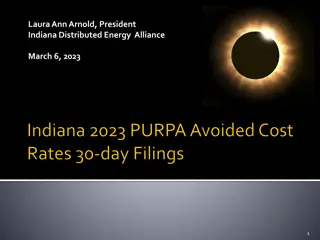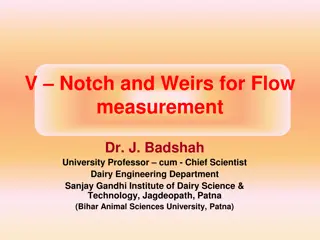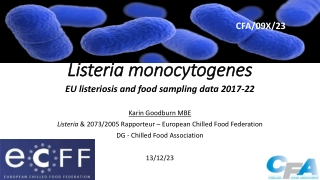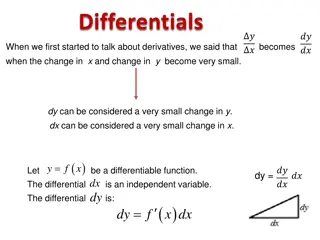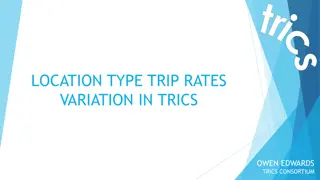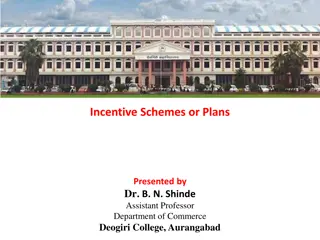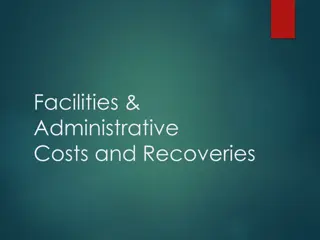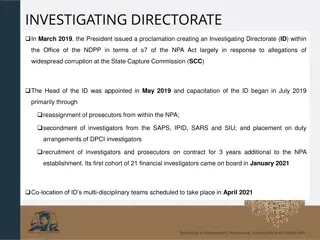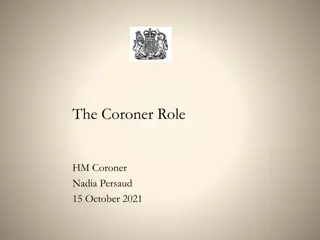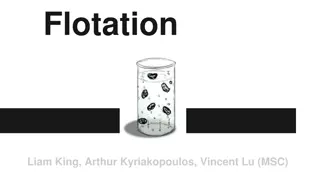Investigating Different Liquids Evaporation Rates
This project aimed to determine if different liquids evaporate at the same rate. Through experiments with various liquids like tea, water, lemonade, Pepsi, and orange juice, it was observed that not all liquids evaporate at the same speed. The hypothesis that adding ingredients to water would slow down evaporation was tested. Future research suggestions include studying how different liquids evaporate in varying climates. Prior research on evaporation and the effect of liquids on the rate of evaporation was reviewed. The procedure involved placing measured amounts of liquids in the sun, recording data, and monitoring temperature. Results from the experiment were documented in a data table showing the decrease in ounces of each liquid over three days.
Download Presentation

Please find below an Image/Link to download the presentation.
The content on the website is provided AS IS for your information and personal use only. It may not be sold, licensed, or shared on other websites without obtaining consent from the author. Download presentation by click this link. If you encounter any issues during the download, it is possible that the publisher has removed the file from their server.
E N D
Presentation Transcript
Do different liquids evaporate at the same rate
Purpose The purpose of this project was to determine if different liquids evaporate at the same rate.
Question How will liquids affect the rate of evaporation
Abstract The purpose of this project was to discover if all liquids evaporate at the same rate. The effect of evaporation on different liquids. The results collected during this investigation were That not all liquids evaporate at the same rate. To promote understanding of this topic, future research could include testing if different liquids evaporate the same in different climates.
Hypothesis If ingredients are added to water , then the rate of evaporation will slow down. This will happen because the all the other chemicals will slow them down.
Prior Research Evaporation is part of a process that could bring a liquid into a cloud until it gets filled so it can rain. Evaporation could happen any time you leave a liquid outside. If you want to try letting a liquid evaporate you want to leave it out for quit sometime (you want to do this so it has time to evaporate). Evaporation could also happen to any liquid ( but you still have to wait awhile. One question there is that s answer couldn't be found is " In places that rain a lot, does evaporation take place in all the rains cause?" The intent of this project is to find out which liquid evaporates the fastest. The variable to be tested and changed is the liquids. Any changes will be noted by the amount of ounces the liquids have decreased, The research showed that water should evaporate the fastest.
Materials Orange juice Water Lemonade Pepsi Tea 5 measuring cups
Procedure Put all liquids into separate cups measuring 12 oz Lay out in the sun Come back and record data and start another trial Record the temperature outside Repeat steps 3 and 4 two more times 1. 2. 3. 4. 5.
Data Table Liquids Tea Water Lemonade Pepsi Orange Juice Day 1 11 oz 11 1/4 oz 12 oz 11 1/2 oz 11 1/4 oz Day 2 10 oz 10 oz 11 oz 10 oz 10 1/4 oz Day 3 9 oz 9oz 10 oz 9 oz 9 1/4 oz
Weather Day 1/ Monday Day 2/ Tuesday Day 3/ Wednesday 70 degrees Fahrenheit 56 degrees Fahrenheit 59 degrees Fahrenheit
day 1 day 2 Graph Click to add text
Discussion of Results The purpose of this investigation was to determine if all liquids evaporate at the same rate. It was proposed that if more chemicals were added to water the rate of evaporation would slow down. The data showed that the chemicals slowed down the rate for some liquids, but also didn t slow or be faster for others. The results indicated that water and tea evaporated the fastest every day. The hypothesis wasn't supported because water and tea evaporated the fastest, not just water. Prior research indicated that liquids with the faster boiling rate evaporated the fastest. The results were as expected and were determined to be reliable because we knew tea and water would be commonly used as boiling water. The experiment was a valid test of evaporation because all liquids were poured the same amount and were in the same climate.
Conclusion The effect of evaporation was investigated in this experiment by setting different liquids in the sun and seeing which one evaporated the fastest. The suggested hypothesis was that if more chemicals were added to water the rate of evaporation would slow down. The hypothesis was supported because tea evaporated faster than most liquids. Prior research indicated that liquids that boil faster will evaporate the fastest. The results are significant because tea was the thickest liquid.
Future Research The current hypothesis could be refined to reflect the observations made during the investigation to focus on changing the outdoor temperature or temperature of the liquids. This could be tested by going and experimenting in a different states. It could also be tested by freezing the liquids before testing them.
Works Cited Dictionary.com. Dictionary.com, Dictionary.com, www.dictionary.com/. Khan, Nabia. Do All Liquids Evaporate at the Same Rate Rate. Do All Liquids Evaporate at the Same Rate, 2014, prezi.com/jdhhewnu7y4x/do-all- liquids-evaporate-at-the-same-rate/. mike. Q & A: Physics Questions? Ask the Van. Q & A: Physics Questions? Ask the Van | Department of Physics | University of Illinois at Urbana-Champaign, 22 Sept. 2013, van.physics.illinois.edu/qa/.
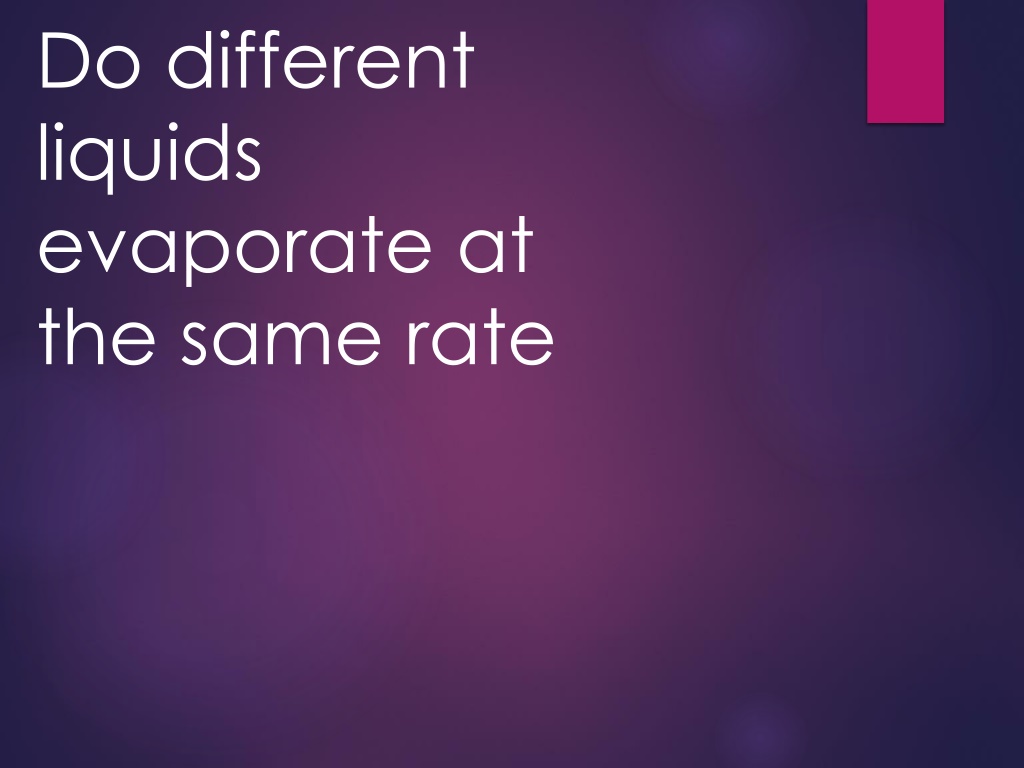


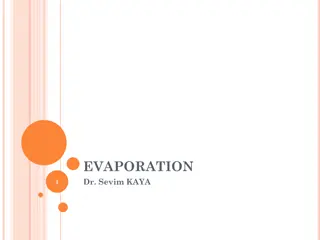
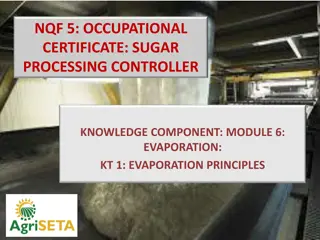
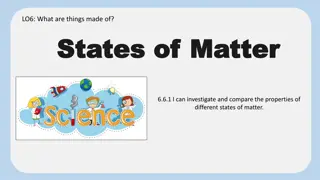
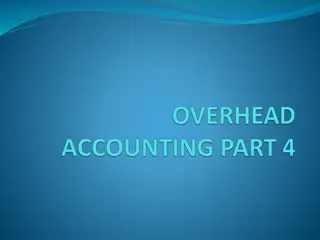

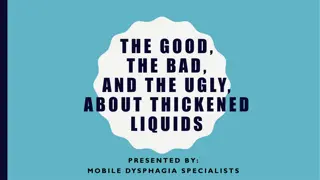
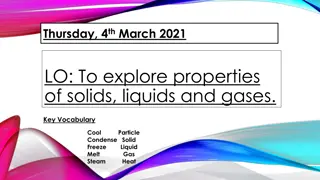
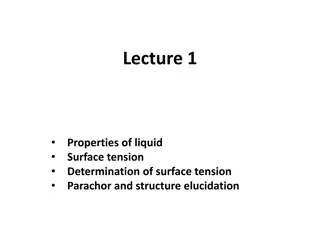
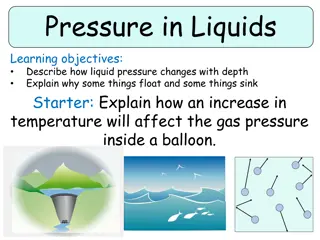

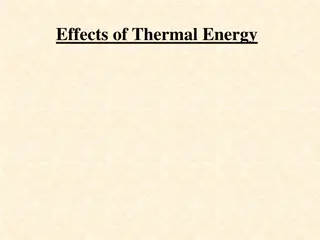
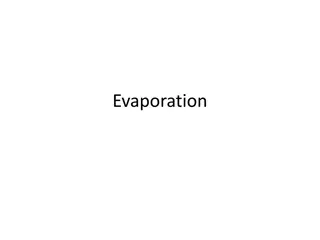
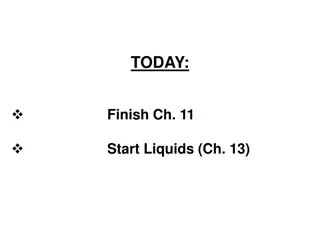
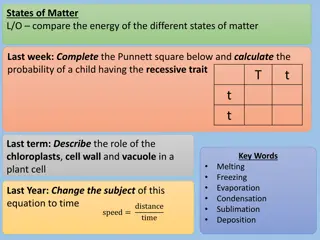
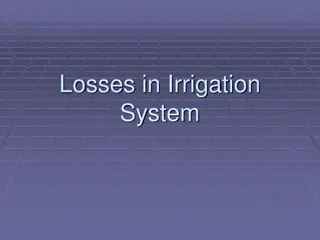
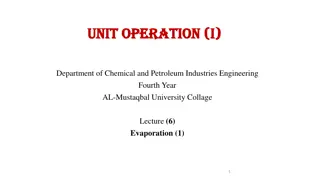
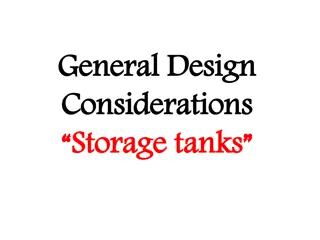
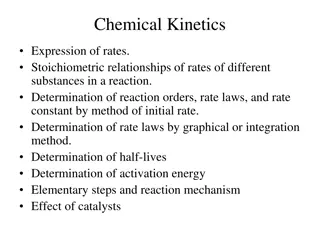
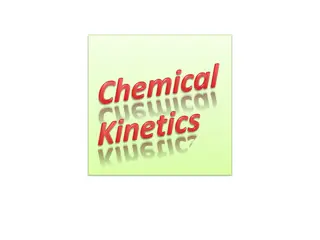


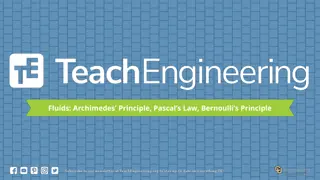

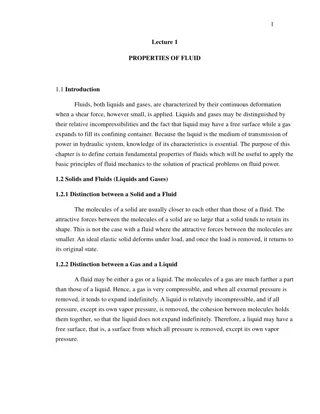
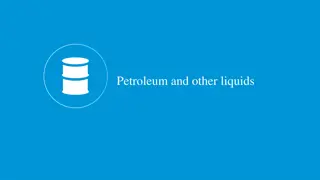
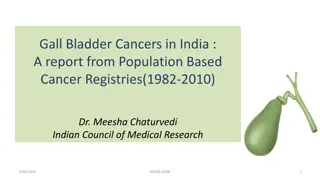

![Town of [Town Name] Real Estate Tax Rates and FY 2024 Budget Summary](/thumb/62211/town-of-town-name-real-estate-tax-rates-and-fy-2024-budget-summary.jpg)

